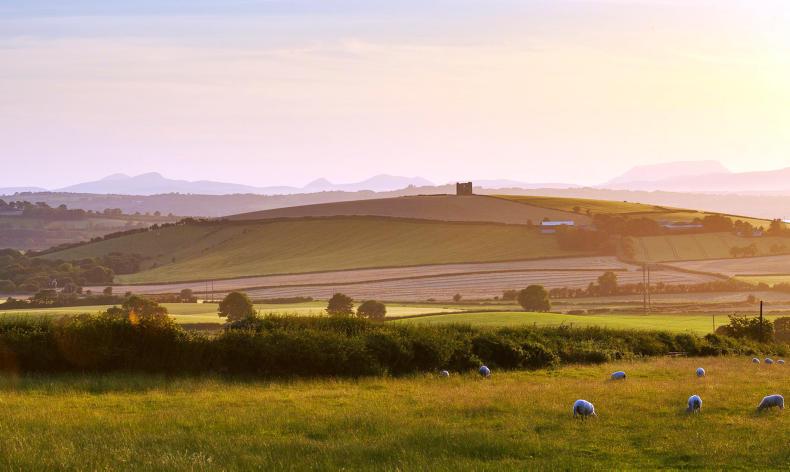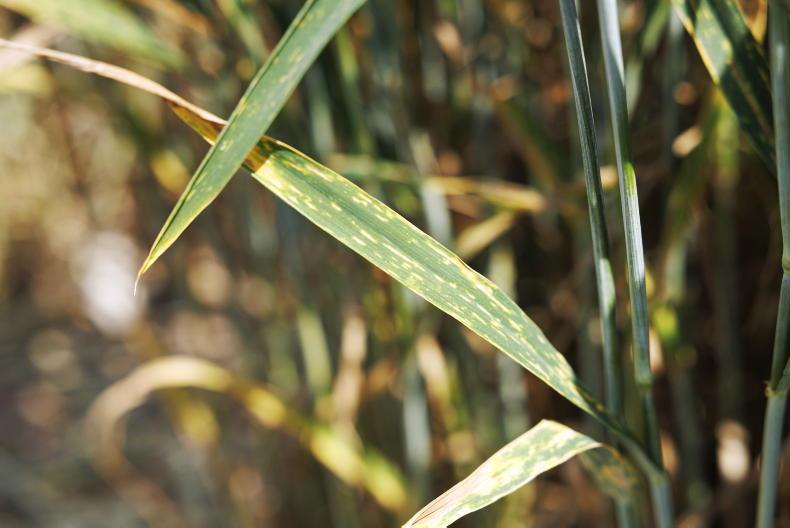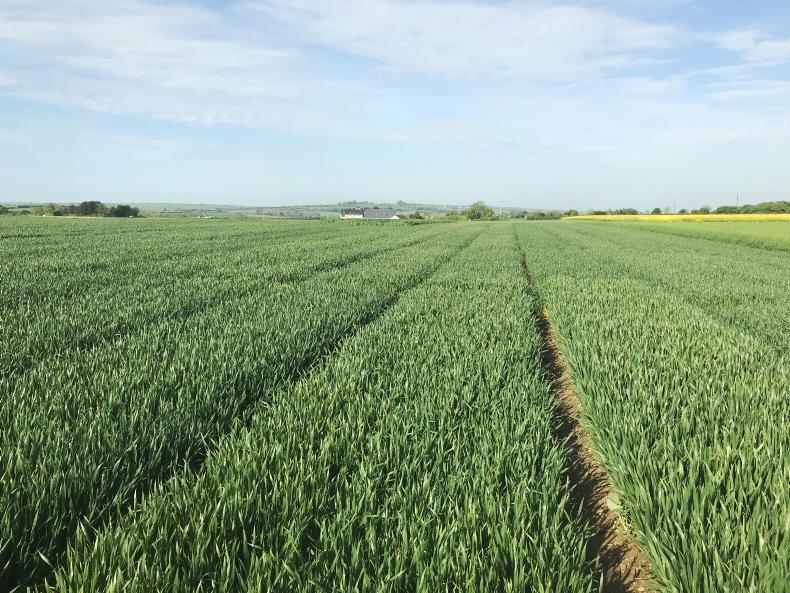Donegal is the county of focus in the latest instalment of our Farming on the Wild Atlantic Way series. The aim of the series is to highlight the challenges facing farmers along the western seaboard, but also to showcase examples of farmers and businesses who are making a success of living and working in each county. This week is Donegal’s turn, and the county did not disappoint.
Donegal in numbers
When exploring the county, with its roughly 9,200 farms, we see that Donegal has contrasting farming enterprises from east to west.
The east, for example, is home to many intensive beef and dairy herds and many tillage and horticultural enterprises.
Head further west, and indeed north, and we see more challenging terrain and an increase in suckler and sheep farms. The county ranks first in terms of sheep numbers and ninth for suckler cows. The dairy expansion has been relatively limited and dairy farm numbers remain around 200. While in a challenging area for cereal production, the county’s 140 tillage farmers grow around 6,000ha of crops.
Success
Despite the many challenges which were identified by farmers and the industry during the Irish Farmers Journal listening event in Co Donegal last May, there are many great examples in this Focus of successful farms and agribusinesses throughout the county.
We visit two Donegal-based agribusinesses, Donegal Rapeseed Oil and OGT (Oilean Glas Teoranta) to learn of their journeys and how they used the key strengths of the northwest to their advantage.
Peter McCann visits Carrickfinn-based farmer David Boyd to discuss farming and rural life on the Wild Atlantic Way. He also visits the farmer-led Donegal Mule Group to see how they are adding value to their farm produce.
Anne O’Donoghue talks to the Marshall sisters about their Dexter herd enterprise, while Anthony Jordan looks at what agricultural courses are on offer in the Letterkenny Institute of Technology.
Read more
Donegal farmers make their voice heard at Irish Farmers Journal listening event
Donegal is the county of focus in the latest instalment of our Farming on the Wild Atlantic Way series. The aim of the series is to highlight the challenges facing farmers along the western seaboard, but also to showcase examples of farmers and businesses who are making a success of living and working in each county. This week is Donegal’s turn, and the county did not disappoint.
Donegal in numbers
When exploring the county, with its roughly 9,200 farms, we see that Donegal has contrasting farming enterprises from east to west.
The east, for example, is home to many intensive beef and dairy herds and many tillage and horticultural enterprises.
Head further west, and indeed north, and we see more challenging terrain and an increase in suckler and sheep farms. The county ranks first in terms of sheep numbers and ninth for suckler cows. The dairy expansion has been relatively limited and dairy farm numbers remain around 200. While in a challenging area for cereal production, the county’s 140 tillage farmers grow around 6,000ha of crops.
Success
Despite the many challenges which were identified by farmers and the industry during the Irish Farmers Journal listening event in Co Donegal last May, there are many great examples in this Focus of successful farms and agribusinesses throughout the county.
We visit two Donegal-based agribusinesses, Donegal Rapeseed Oil and OGT (Oilean Glas Teoranta) to learn of their journeys and how they used the key strengths of the northwest to their advantage.
Peter McCann visits Carrickfinn-based farmer David Boyd to discuss farming and rural life on the Wild Atlantic Way. He also visits the farmer-led Donegal Mule Group to see how they are adding value to their farm produce.
Anne O’Donoghue talks to the Marshall sisters about their Dexter herd enterprise, while Anthony Jordan looks at what agricultural courses are on offer in the Letterkenny Institute of Technology.
Read more
Donegal farmers make their voice heard at Irish Farmers Journal listening event









SHARING OPTIONS